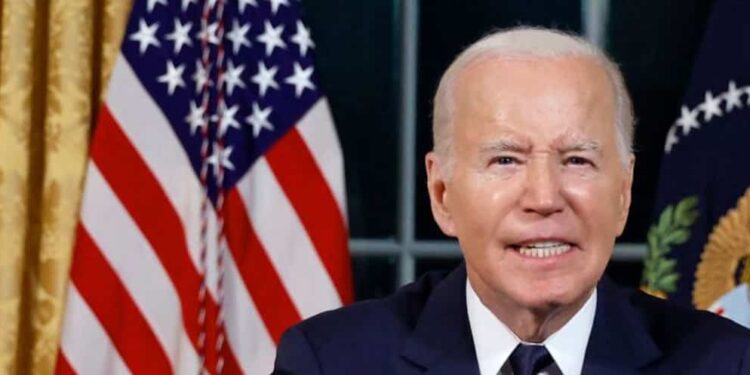While we all focus on the confrontation between Israel and Hamas, the Biden administration is trying to limit the conflict and humanitarian crisis raging in Congo.
The United States is much more invested than previously believed in the conflict taking place on the border with Rwanda.
After a call from Secretary of State Blinken and a visit from national security official Avril Haines, they just proposed a plan for de-escalation.
Neglected relationships
We generally pay little attention to U.S.-Africa relations, but Americans under Joe Biden appear to have a renewed interest in the continent. Enough at least to intervene when we already support Ukraine, Israel and Taiwan.
The United States became more involved in many African countries when it was fighting communism. However, for both Congo (formerly Zaire) and Rwanda, the relationship has continued unevenly, especially for Rwanda since the genocide.
The White House is currently concerned about the killings, massacres and rapes carried out by the M23 rebel group in eastern Congo.
This group, supported by Rwanda, has been operating for some time now, but the last year has been exceptionally violent and the Congolese counter-offensive has worsened the humanitarian crisis.
China in focus
If the situation at the border continues to degenerate, not only will atrocities increase, but we could also lose control of this conflict which could spread to other African countries.
For the Americans, the issues are multiple. First there is the economic relationship with the government of Congolese Felix Tshisekedi.
Continued access to resources such as cobalt or lithium (the country holds the largest unexploited reserves in the world) would represent a significant gain for technological development (electric batteries for example).
After neglecting Africa for too long a period, the United States realizes that Russia has not made the same mistake. Moreover, it is argued that Rwandan President Paul Kagame is emulating Vladimir Putin.
The last major concern is that China did not wait for the American awakening before taking an interest in Africa. In what can be compared to an adaptation of the Cold War, the Americans must catch up, with China already being Congo’s first economic partner.
As I reviewed the conflict and the role of the Biden administration, I couldn’t help but think of Henry Kissinger.
If the humanitarian crisis is indeed real, the former giant of diplomacy would most likely have limited its analysis of the situation to strategic interests.
During the Cold War, the domino theory was often discussed. If at the time we feared the Soviet regime which was tipping the dominoes into its camp one by one, in 2023 it is the rapid progress of China that Joe Biden must stem.



